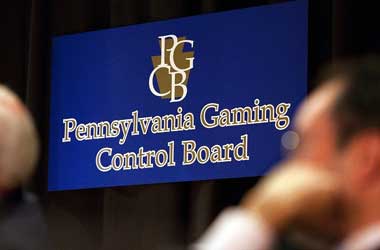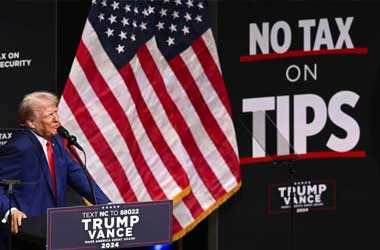 Summary:
Summary:
- Efforts to see comprehensive gambling legislation pass in Alabama were halted on April 4.
- The House of Representatives did not agree with the Senate’s amendments to the proposed bill.
- This further led to a standoff over sports betting inclusion and the exact number of casinos that would be allowed.
Efforts to see Alabama’s controversial gambling legislation pass have hit a roadblock on April 4 when the state House of Representatives rejected the Senate’s amendments to the bill proposal.
This further led to tensions between the two chambers regarding the inclusion of sports betting and the precise number of casinos that would be allowed to function in the state.
The Controversy Continues
Ever since it was first introduced, the bill sparked controversy. This is the first time in weeks since the bill is benefitting from some legislative action, as representatives decided to send it to a conference committee.
The move was made after the Senate brought a series of important changes to the version of the bill that was given the green light by the House.
The version passed by the House originally proposed sports betting, a state lottery, and the setup of a maximum of 10 casinos that would offer table games.
The revised version of the bill issued by the Senate removed the provisions for sports betting while also limiting the maximum number of casino sites, solely confining them to tribal land.
Sen. Greg Albritton the bill in the Senate. He expressed his optimism concerning the possibility of reaching a compromise while explaining the current impasse of the two chambers through the entrenched positions within the Senate.
Rep. Chris Blackshear, who is the House sponsor of the gambling bill, commented on the changes brought by the Senate, claiming they could forfeit important revenue opportunities for Alabama.
Bridging the Gap
Blackshear also emphasized the need to bridge the gap between the chambers’ proposals to make room for more meaningful talks.
While the Senate’s bill version would establish a state lottery and allow electronic gaming at select venues, it would also require negotiations to be carried out with the Poarch Band of Creek Indians regarding the potential expansion of casinos on tribal grounds.
On the other hand, the House’s bill version would amend the state constitution to allow several gambling activities.
The list would include sports betting at brick-and-mortar venues and online sites, a lottery, and up to 10 casinos that would offer slot machines and table games.
Since both bill versions are currently in contention, a final gambling proposal would require the green light from three-fifths of legislators as well as a majority of voters.
House speaker Nathaniel Ledbetter took the opportunity to express his optimism about the two chambers being able to find common ground while acknowledging the public’s interest in being given the chance to weigh in on the matter.

 United States
United States United Kingdom
United Kingdom














